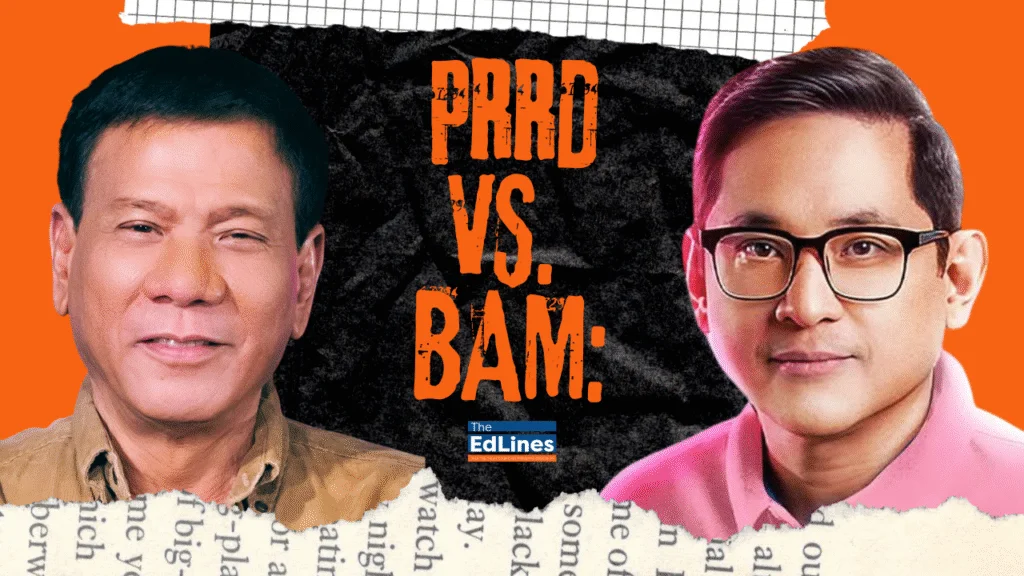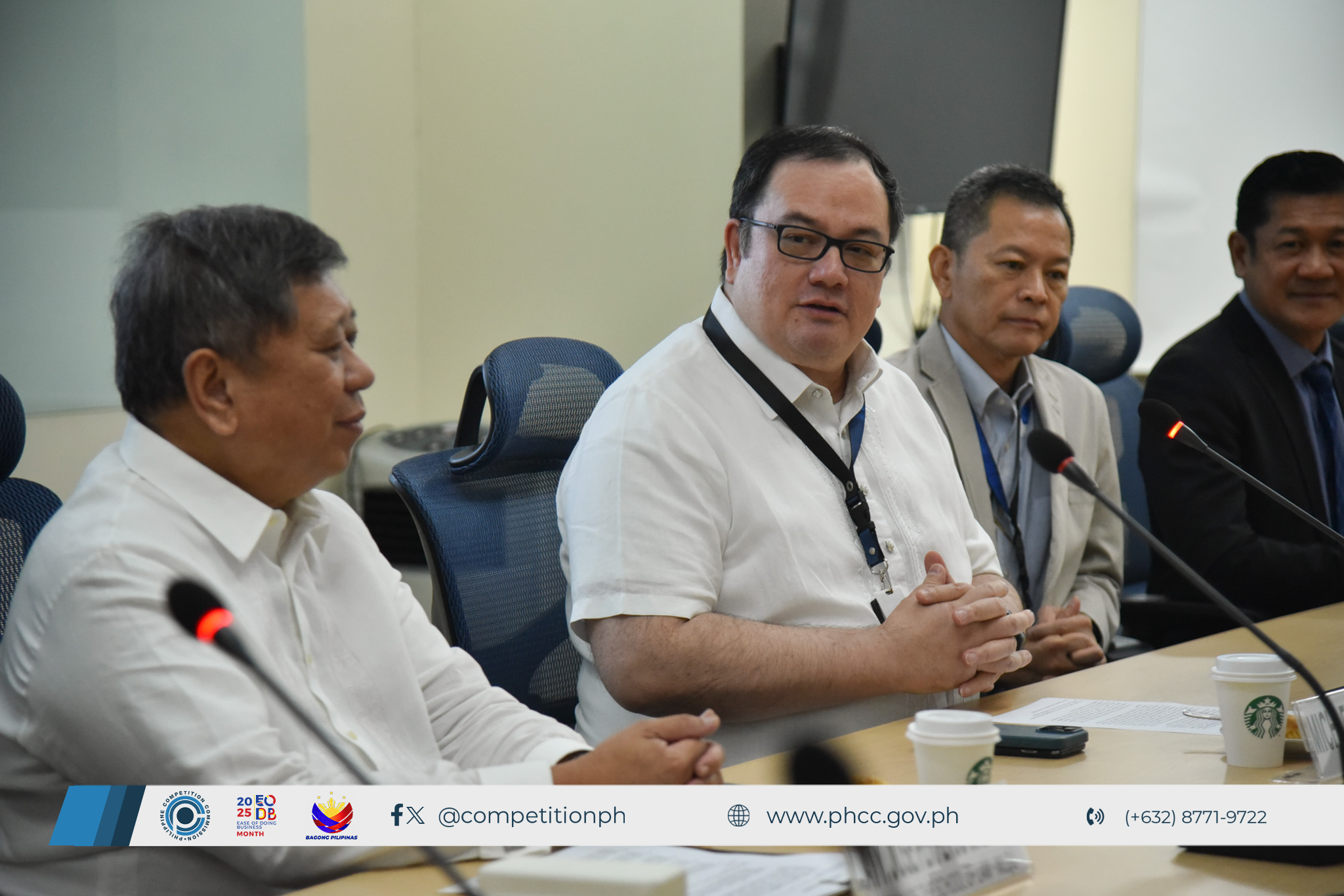Just hours after Paolo Benigno “Bam” Aquino IV climbed the results of the May 12 midterm elections, surprising many for placing second behind incumbent Senator Bong Go, Aquino became the target of a coordinated information campaign.

Netizens across Facebook and X (formerly Twitter) were intent on reexamining his role in the passage of Republic Act 10931 or the Universal Access to Quality Tertiary Education Act, while also shifting the spotlight to then-president Rodrigo Duterte who signed the measure into law in 2017, hence should be the one applauded.
But who deserves to be credited the most for the landmark law that provided free college education in public and private schools?
Beginnings
The push for free tuition in public higher education dates back to the 1980s. But early efforts often targeted specific groups, such as marginalized students and children of teachers. The first universal proposal was House Resolution 2135, filed by Kabataan Rep. Terry Ridon on May 27, 2015 during the 16th Congress.
This inspired other similar house bills to follow including the first counterpart bill in the Senate: Senate Bill (SB) 2986. Then-Senator and now Finance Secretary Ralph Recto introduced the measure on Oct. 6, 2015.
When the 17th Congress opened on June 30, 2017, multiple bills were again filed for free tuition in state universities and colleges. Out of at least five filed that day, two carried Bam Aquino’s name, particularly SB 173 and SB 177— the latter with Sen. Risa Hontiveros..
On that day, however, Recto was the first to file SB 61 — a refiled version of his bill in the previous congress— this time introduced with Sen. Joel Villanueva.
The varying versions were consolidated into SB 1304 on Jan. 23, 2017.
Not principal author but principal sponsor
Aquino, as chair of the Senate Committee on Education then, sponsored the consolidated bill. He shepherded it through the legislative process, defending and refining it during public hearings and plenary debates.
On May 30, 2017, both chambers ratified the final version as The Universal Access to Quality Tertiary Education Act. The enrolled bill was sent to President Rodrigo Duterte on July 5, 2017.
Despite opposition from his economic advisers who stressed free tuition cannot be done, Duterte signed the bill on August 3, 2017, just two days before it would have lapsed into law.
While the Constitution allows bills to lapse into law after 30 days of presidential inaction, the president’s signature is generally seen as a formal mark of approval, especially on policies aligned with the administration’s agenda.
Still, many argue that since crafting laws is the primary role of Congress, the legislators deserve the lion’s share of credit for this milestone.
All’s well except online
While netizens continue to pit Aquino and Duterte against each other, the two have mutually acknowledged each other’s contributions to the passage of the free college tuition law.
“In fairness to him, nagtulong siya in crafting the law,” said (20:39:48) Duterte in a 2016 campaign rally of the Partido Demokratiko Pilipino–Lakas ng Bayan (PDP-LABAN) in Koronadal, casually jumping from discussions on irrigation to universal healthcare and, briefly, tuition-free education.
In a recent interview tackling his eyed return at the Senate, Aquino also recognized the role of Duterte’s approval.
“In the end, President Duterte, kahit ayaw ng mga cabinet members niya, hindi niya vinetoe yung batas, pinirmahan niya, fully funded, fully implemented. And now that law, milyun-milyon na ang nakinabang sa batas na ‘yan,” Aquino told One News PH.
In the end, he cited the law’s passage as a testament to a bayanihan that united lawmakers and branches of government and transcended political divisions.
“There are spaces, I think, in our governance, kung saan dapat talaga tayong magtulungan para sa taong bayan,” Aquino said, expressing hopes that the same spirit of collaboration would guide future policymaking if he returns to the Senate.


